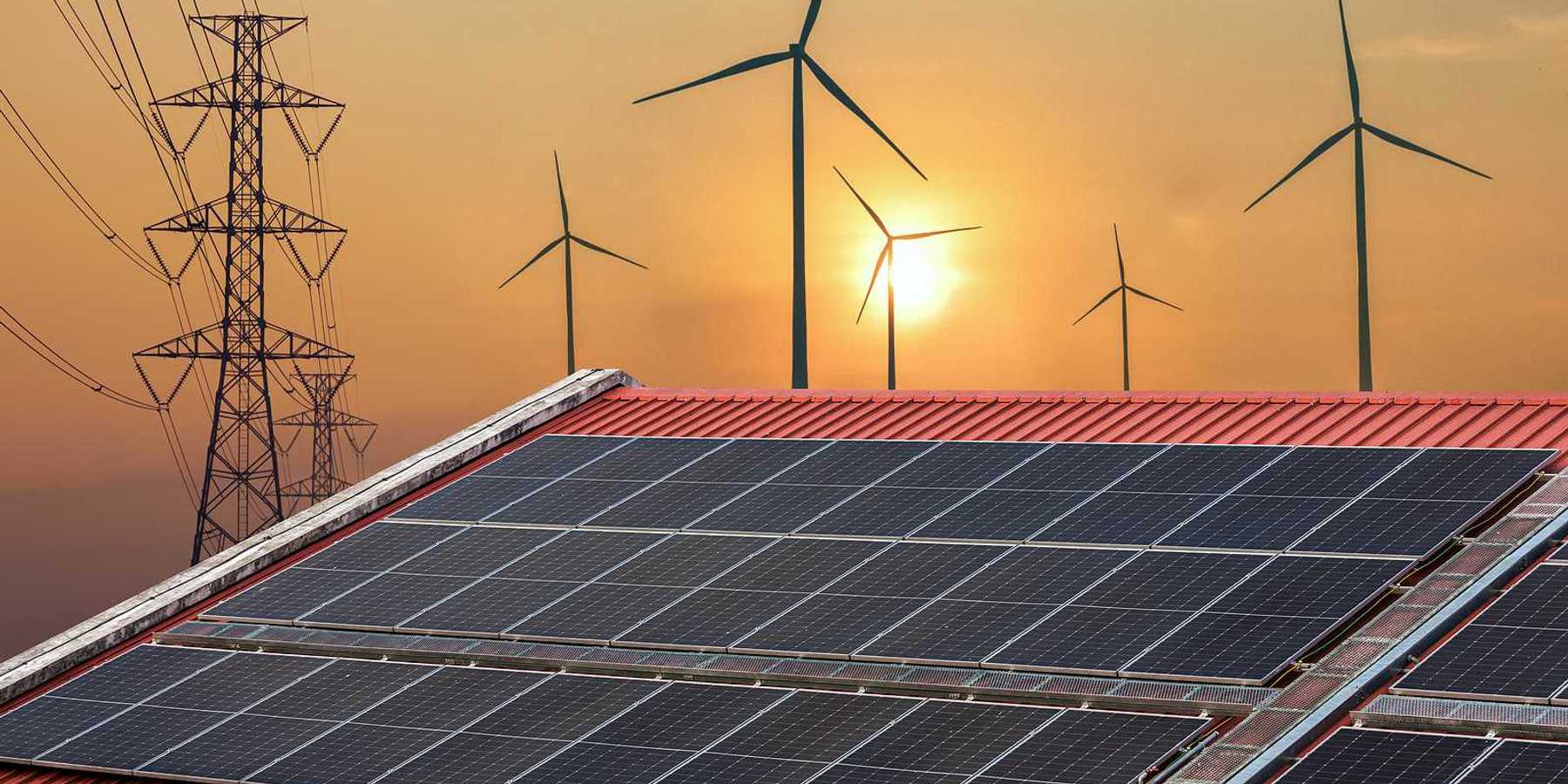Minn. will spend $3M IRA grant on climate plan outreach
Frank Jossi of the Energy News Network writes about Minnesota's plan to use Inflation Reduction Act funds to study the impacts of emission reductions in disadvantaged communities and other initiatives.
In a nutshell:
The Minnesota Pollution Control Agency has secured a $3 million federal grant to enhance the state's climate strategies, with a particular focus on benefiting lower-income communities. The grant, provided under the Climate Pollution Reduction Grants program, will support the development and evaluation of climate action plans and fund initiatives to implement those plans. The MPCA plans to conduct a study on the potential impact of emission reductions in disadvantaged communities, aligning with the Biden administration's Justice 40 Initiative, which seeks to ensure 40% of the benefits go to these communities.
Key quote:
David Bael, environmental economic analyst at the Pollution Control Agency said the qualitative benefits analysis will implement a “health impact assessment” focused on low-income and disadvantaged communities.
The big picture:
Greenhouse gas emissions have far-reaching health impacts, particularly for disadvantaged communities. The disproportionate exposure to pollution in these communities exacerbates existing health disparities, leading to increased respiratory and cardiovascular problems. Studies have shown that emissions from various sources, such as power plants and transportation, contribute to the prevalence of fine particles, nitrogen oxides, sulfur dioxide, and volatile organic compounds, all of which pose significant health risks. Addressing these emissions and implementing climate solutions in an equitable manner is crucial to mitigating the adverse health effects faced by vulnerable populations and promoting environmental justice.
For more details, check out the article at Energy News Network.
For additional context, read Susan Anenberg's excellent piece focusing on how the benefits of climate mitigation—as opposed to costs—can serve to motivate action.













